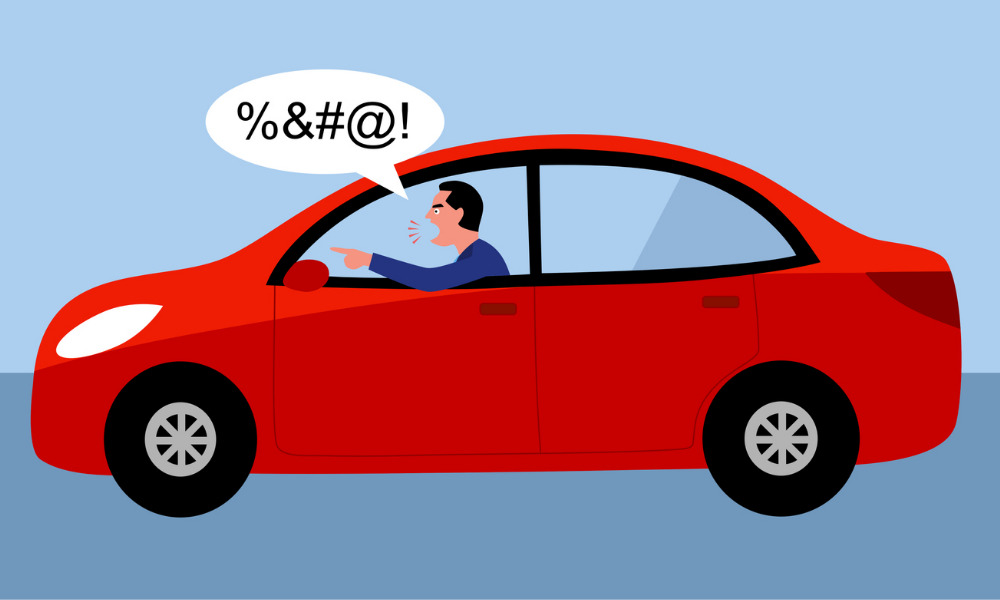Man had no intention to commit the offence when he shouted at photojournalist, councillor

If someone shouts an obscenity at people conducting business in a public place, it could interrupt their conversation but would not alone amount to interfering with the place’s ordinary and common use under the Criminal Code, the Newfoundland and Labrador Court of Appeal has ruled.
R. v. Penton, 2022 NLCA 47 involved a 2017 incident when the complainant, a photojournalist, finished an interview with a city councillor by the entrance of the St. John’s waste management site while it was closed. She turned off her camera and checked some facts with the councillor. At this point, the respondent drove by and shouted an obscenity.
The trial judge found that the respondent’s shouting of a single obscenity did not lead to an interference in the ordinary and customary use of the road leading to the waste management site. The judge, noting that no one else was present in the area, acquitted the respondent of causing or attempting to cause a disturbance of the peace in a public place under s. 175 of the code.
The Crown appealed. The summary conviction appeal judge determined that, while the obscenity was “vile and loathsome,” the respondent’s action did not amount to a s. 175 violation.
The Crown sought leave to appeal. It argued that it proved a s. 175 offence on the facts. According to the Crown, the respondent’s shouting of an obscenity caused someone to be distracted from her work, in line with the decision in R. v. Lohnes, [1992] 1 S.C.R. 167, which provided that “the interference with the ordinary and customary conduct in or near the public place may consist in something as small as being distracted from one’s work.”
Leave to appeal granted, appeal dismissed
The Court of Appeal found that the Crown satisfied the test for leave to appeal a summary conviction matter under s. 839 of the Criminal Code.
The first criterion – that the appeal involved a question of law alone – was present, the appellate court ruled. Deciding whether the respondent’s action amounted to causing or attempting to cause a disturbance under s. 175 required application of the relevant legal principles to the facts.
As for the second criterion, the appellate court held that the legal question was significant to the administration of justice because there was limited relevant case authority and because the appeal involved interpreting language from a Supreme Court of Canada decision.
The appellate court then dismissed the appeal on its merits. First, though the respondent’s shouting of an obscenity disturbed the complainant and the city councillor, this did not amount to the offence of causing a disturbance under s. 175 because there was no interference with the ordinary and customary conduct or use of the place, the appellate court found.
The trial judge properly interpreted and applied the relevant law, the appellate court found. The trial judge found that the interference was a “momentary interruption” of conversation, that there was no externally manifested disturbance pursuant to the Lohnes ruling, and that the respondent’s conduct did not impact the complainant or the councillor beyond causing them “emotional upset and hurt.”
Second, the respondent did not have the intention to cause a disturbance of the peace when he shouted the obscenity, such that it would amount to the offence of attempting to cause a disturbance under s. 175, the appellate court concluded. The trial judge also applied the correct law relating to this issue, said the court.










